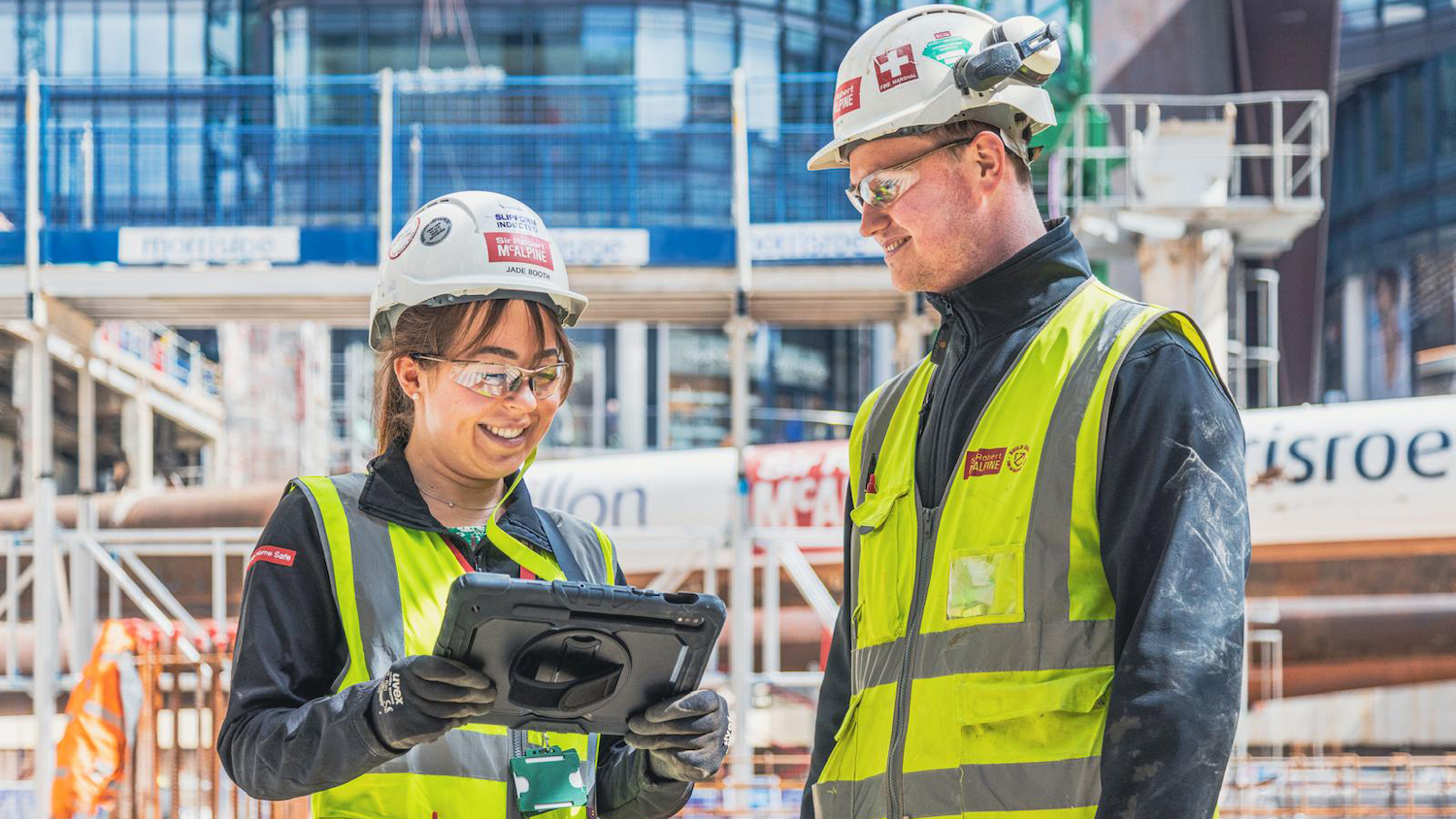
New skills: how Sir Robert McAlpine is embracing digital construction
Nick Leach MCIOB explains what makes the contractor stand out when it comes to digital adoption
Sir Robert McAlpine (SRM) has a long-established tradition of construction technical expertise. Six years ago, the contractor launched a digital strategy to help inform its approach to construction projects and deliver maximum value for the business and its clients.
Leading this digital drive is Nick Leach MCIOB, director of digital construction at SRM. His team scooped the Delivering Sustainability with Digital Innovation at this year’s Digital Construction Awards for the pioneering adoption of materials passports in its 1 Broadgate project in the City of London.
Here, Leach tells CIOB People what’s different about the contractor’s approach to digital – and how SRM is ensuring that it has the necessary skills to stay at the forefront of digital construction.
How is SRM pioneering digital construction within the company and the wider industry?
We’ve had a measurable digital construction maturity strategy for more than six years, which we implement on all of our projects to drive digital adoption.
There are currently 30 live projects being measured and, as of July 2024, around 89% were hitting their digital maturity targets. Like all strategies, it is reviewed every year and we continue to adapt it in response to feedback and the ever-changing digital landscape.

At the end of last year, my team and I produced three new digital construction fundamental modules, mandated to all roles in the business to continue driving the knowledge, awareness and importance of digital adoption. More than 85% of the organisation has completed these modules to date – quite a success rate when you have more than 1,800 employees in the business
In the context of the wider industry, we’ve done quite a bit over the past 12 to 18 months, including a research partnership with University College London (UCL) and an augmented reality provider to test their technology on our sites.
We also partnered with HP for the first trial on a UK construction project of a site printing robot.
Although some of these tools might not be viable to scale up just yet, we like to continually horizon scan to stay informed and at the forefront of growing new technologies.
SRM is also an active member of Nima (formerly the UK BIM Alliance). And I have been involved in the digital interest group within the Supply Chain Sustainability School (SCSS), where I’m the current acting chair, with our remit to develop learning content, assessment tools and the education of SMEs with new digital change mindset development programmes.
Where does SRM lay the foundations for digital?
I think it’s a joined-up approach. It begins with buy-in and support from our board. That’s been imperative in providing the investment the business has made and continues to make in digital.
It’s also having forward-thinking project directors, managers, people on our project sites and on the ground, who see the benefits of digital construction and trust the digital construction professionals on our projects.
And finally, it’s also about working with the right clients, who see both the benefit of what we do around digital but are also open-minded and willing to collaborate and see where we can push the boundaries that bit further.
Where does SRM get its digital skills from?
We have several initiatives in place across the business to drive digital adoption.
First, we’ve got my function – digital construction – where people are trained in how we work, undertake external training, gain industry accreditations and so forth.
These individuals are then integrated into our project teams and one of their main remits is to ensure that they are providing upskilling, training and support, not just to our SRM colleagues but also to our wider stakeholders, including clients and the supply chain.
They are ‘digital enablers’ who make sure that everyone is on board with the digital journey and get all teams to understand and use the multiple technologies and processes that we’ve mandated on projects.
We also have a dedicated in-house learning platform, for which we have developed training ranging from software and bite-sized videos to awareness content around hot industry topics or developments in the digital space.
At the end of last year, my team and I produced three new digital construction fundamental modules, which were mandated to all roles in the business to continue driving the knowledge, awareness and importance of digital adoption.
More than 85% of the organisation has completed these modules to date, which is quite a success rate when you have more than 1,800 employees in the business.
How does SRM deal with resistance to digital ways of working, particularly if people are stuck in old processes?
This has got a lot easier now thanks to our digital strategy. We have a lot of good use cases that we can lean upon and testimonials from members of our construction teams who have become digital champions after they’ve seen the benefits that digital ways of working bring.
We also make sure we use the right implementation strategy, whether that’s training or guidance, and then ensure we understand who the audience is and what their drivers will be when we’re trying to get them to adopt a new way of working digitally.
A key component of that is trying to use very simple and basic language to avoid getting lost in technical jargon or acronyms. We make it easy for people to digest and be clear on what they’re going to get from the digital ways of working right from the outset.
1 Broadgate is the first large-scale project in the UK to implement materials passports: are you planning to make this process compulsory for all SRM projects, regardless of size?
The implementation of materials passports at 1 Broadgate was successful mainly because of the buy-in and collaborative approach of our client, British Land, design consultants and the supply chain. Everyone had the same aspirations and strategic mindset to push the envelope.
It also worked very well because the project tied into British Land and Sir Robert McAlpine’s respective net zero journeys.
The learnings and the methodology from that project have helped us to develop best practices for other SRM projects, including how the application of certain technologies and delivery of data outputs are best utilised.
But for materials passports to be a success on a project, there needs [to be] appropriate resource allocation in place; collective, agreed, clear requirements from the outset; and collaboration with all parties – consultants, supply chain and client. It isn’t just reliant on SRM for this to be a success.
What are the biggest digital challenges for SRM and how are you overcoming them?
I think the biggest challenge is digital literacy because it’s key to ensuring that we stay competitive and continue to evolve.
We are aware of this as a business and have got a big initiative over the next 12 months that will allow us to benchmark where we are and also identify roles or functions that may need a bit more training and support.
This should also help identify colleagues who have digital skills that maybe we weren’t aware of or those whose skills and expertise we could be using more to benefit the business going forward.
Another challenge is data security and governance, which is something we need to monitor continually.
This includes ensuring that we have the right contractual agreements in place with technology providers and making sure that risks are mitigated that could impact our day-to-day delivery.
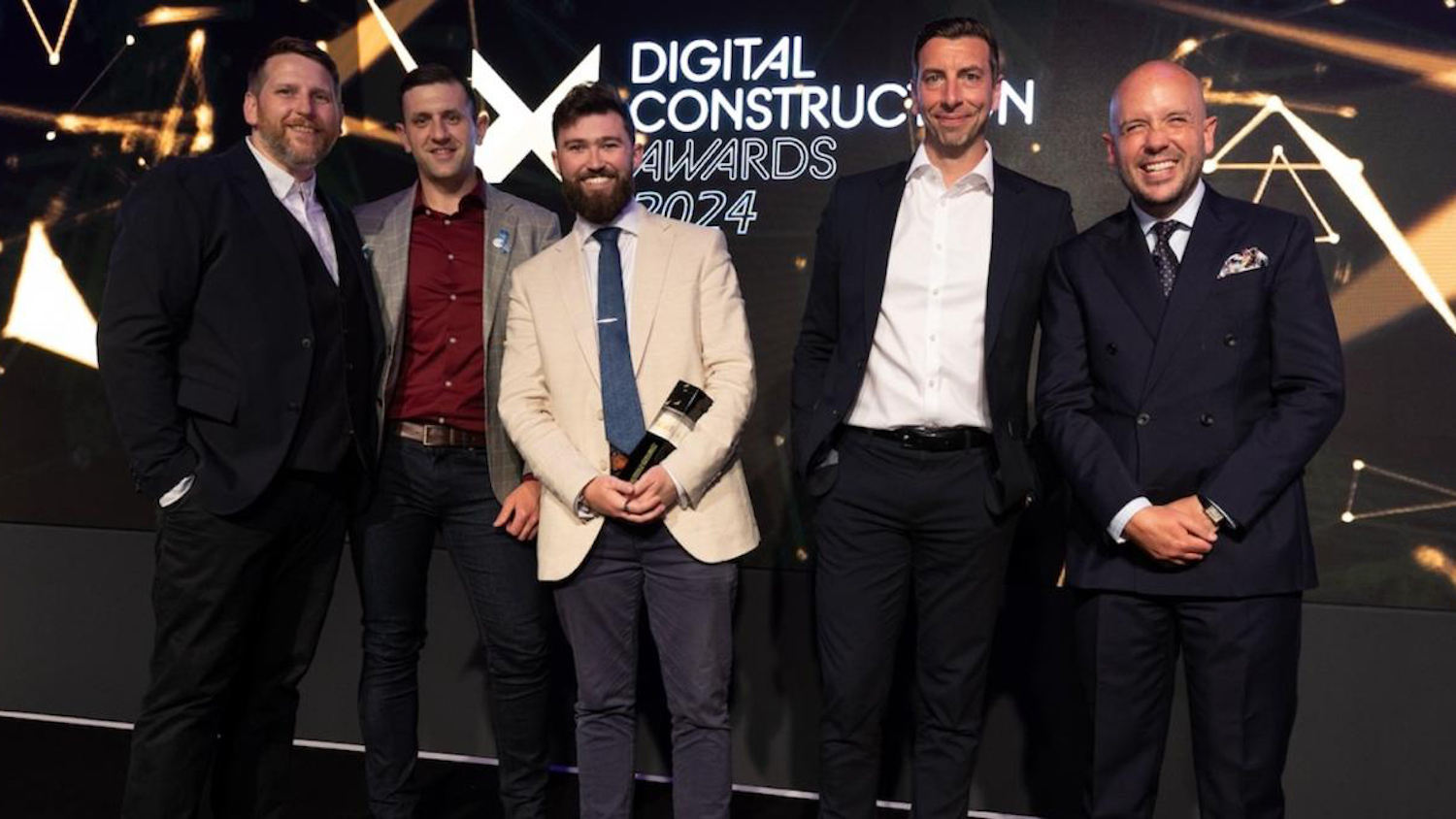
How does SRM stand out from other tier one contractors when it comes to digital construction?
Having worked for other tier one contractors, I think it is our consistent approach to implementing digital construction across all our projects across sectors the same way – something which is driven and administered centrally.
We’ve received feedback from external partners we work with who say that we lead the way in having that group-level approach to digital implementation.
We also stand out because of the great importance we place on training and development as [a] business, understanding that our biggest asset is our people.
Which technology/technologies do you think will be the biggest game changer/s in construction in the next decade? Is UK construction ready for it?
There’s a lot of talk about artificial intelligence (AI), which is understandable. We’re already seeing this featuring in many of the existing tools and platforms that we’re already using in different forms.
There are also lots of new players and tools that are continually trying to come into the market.
On day-to-day uses, AI is going to enable massive time savings in areas in everyday tasks, like being able to search for information a lot quicker or providing summary reviews of industry specifications.
It’s a technology that’s growing at a fast pace and it will be the most transformational in terms of impact.
But on the flip side of that, there will be a requirement for greater awareness of the pros and cons of AI: more rigour and governance will be needed, and we’re going to need new digital skills.
Comments
Comments are closed.


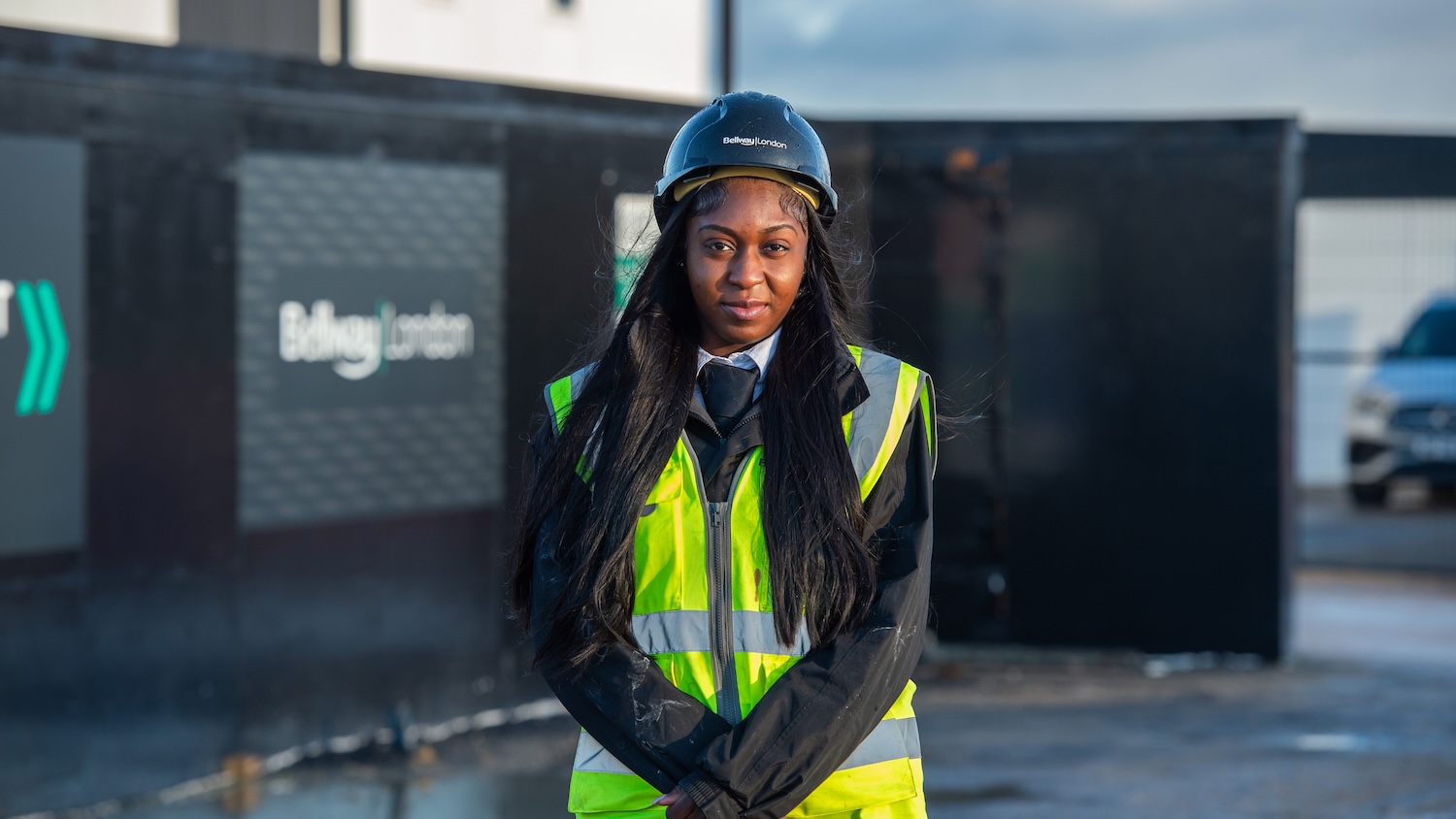
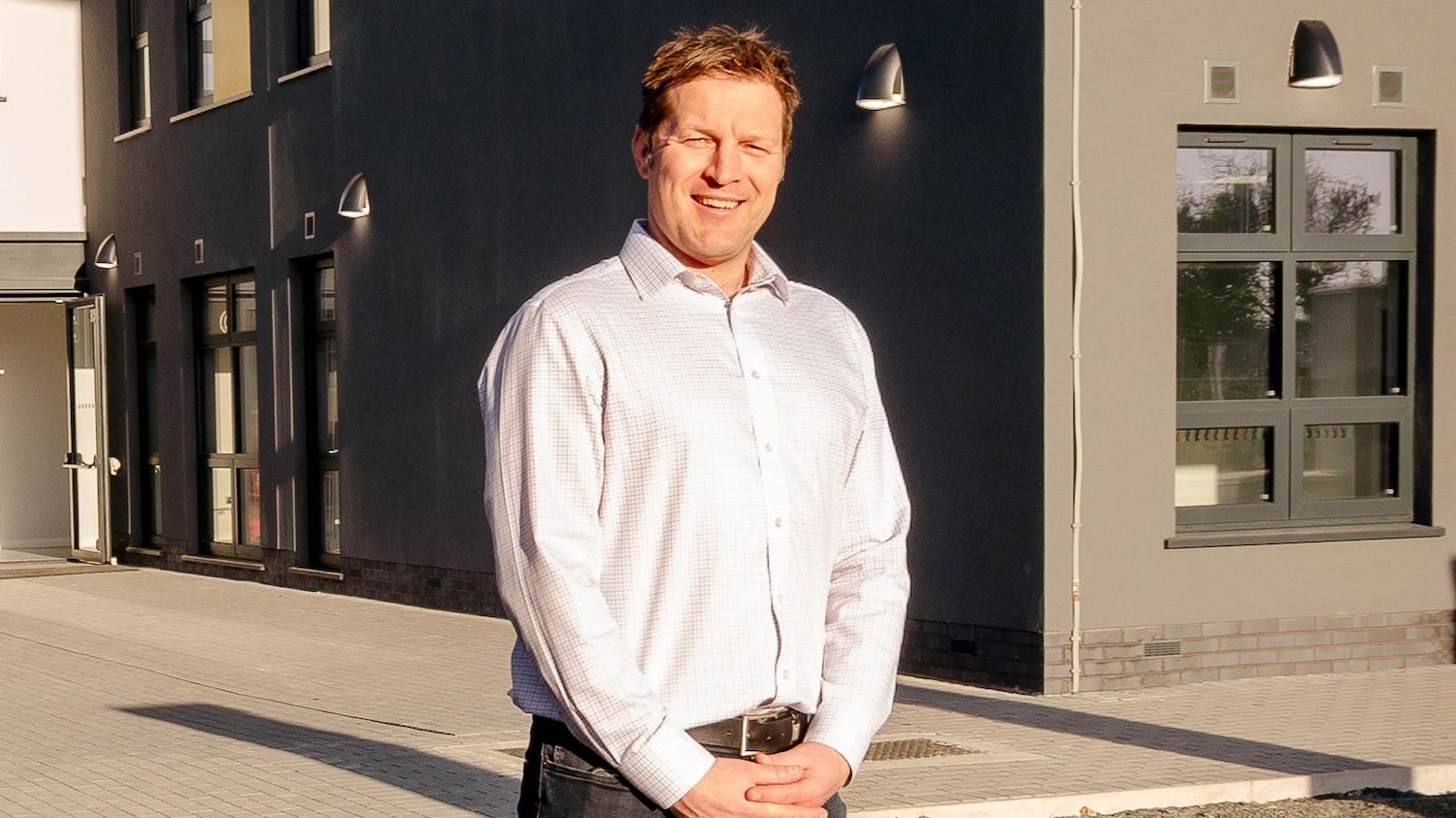
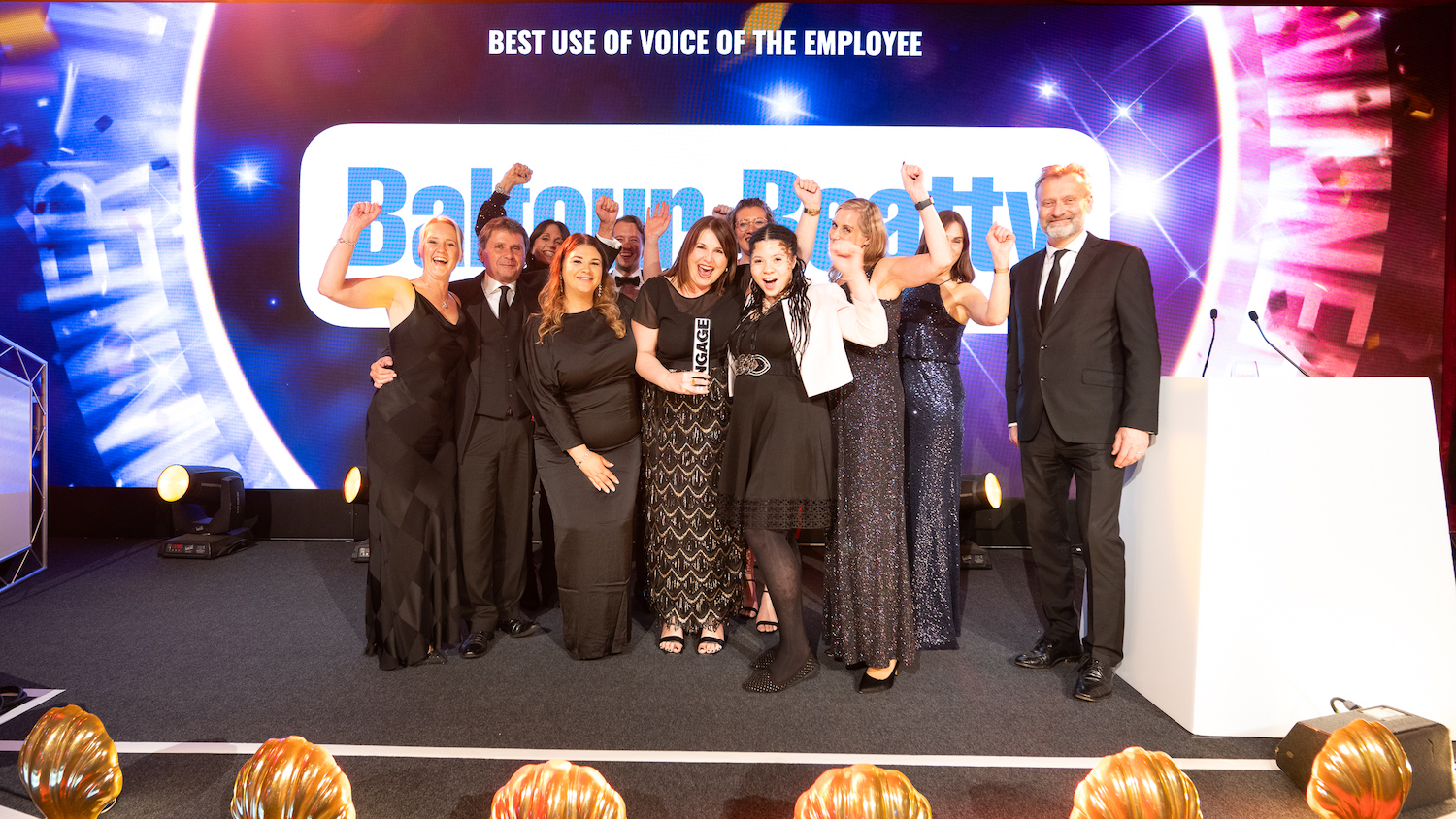
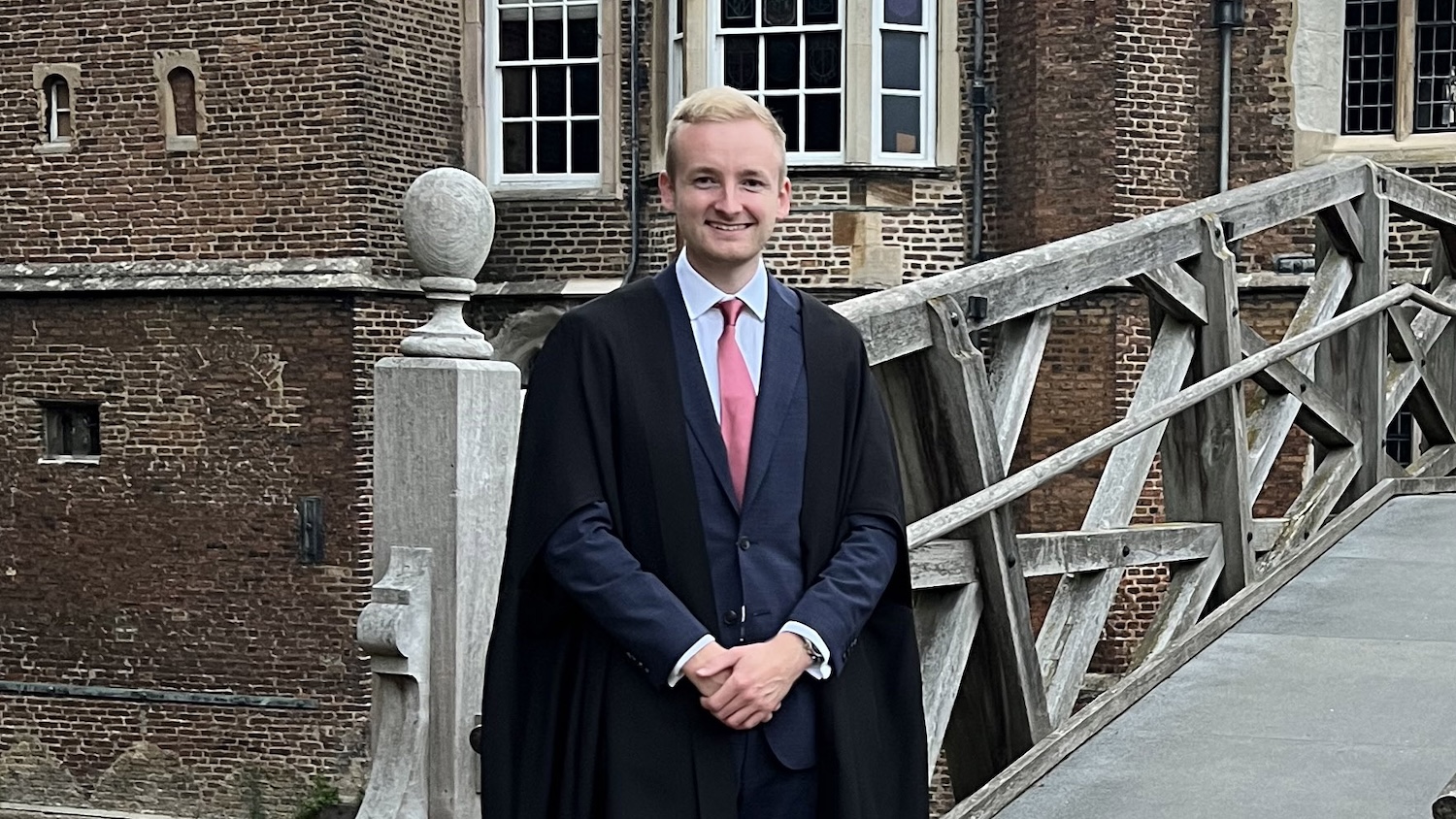
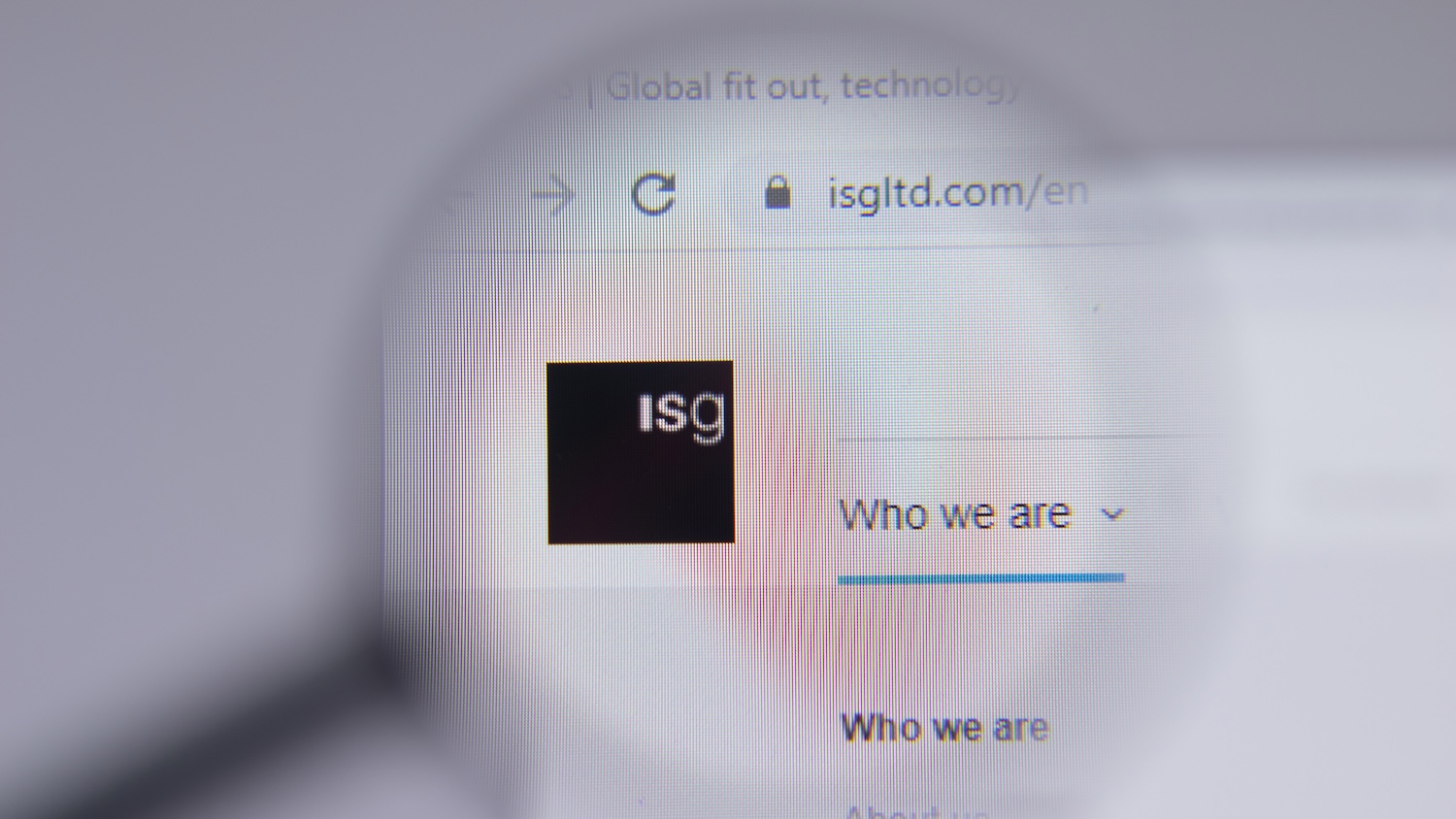
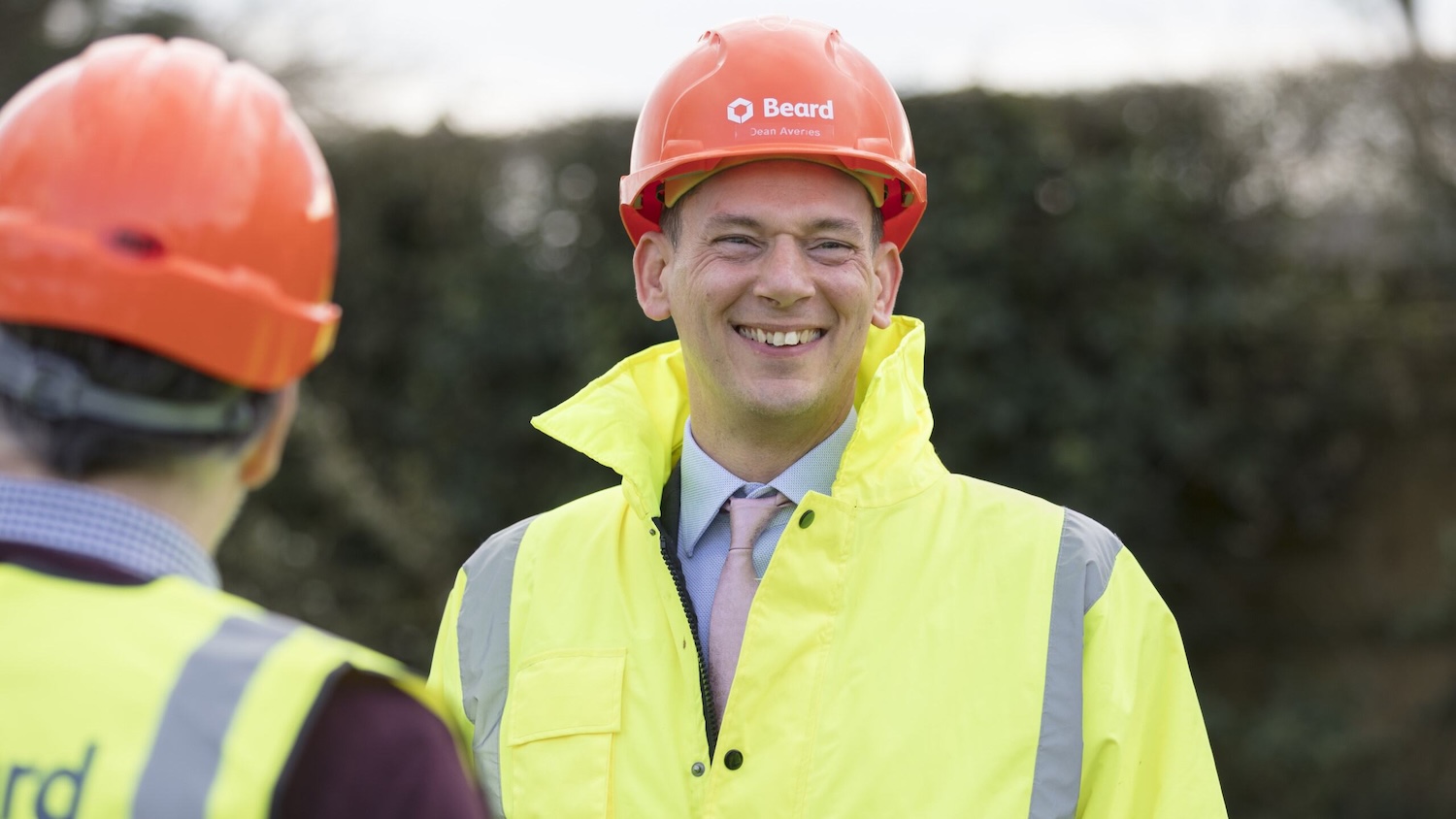
Interesting comments from Nick on SRMs digital adoption strategy and how this is implemented in practice.